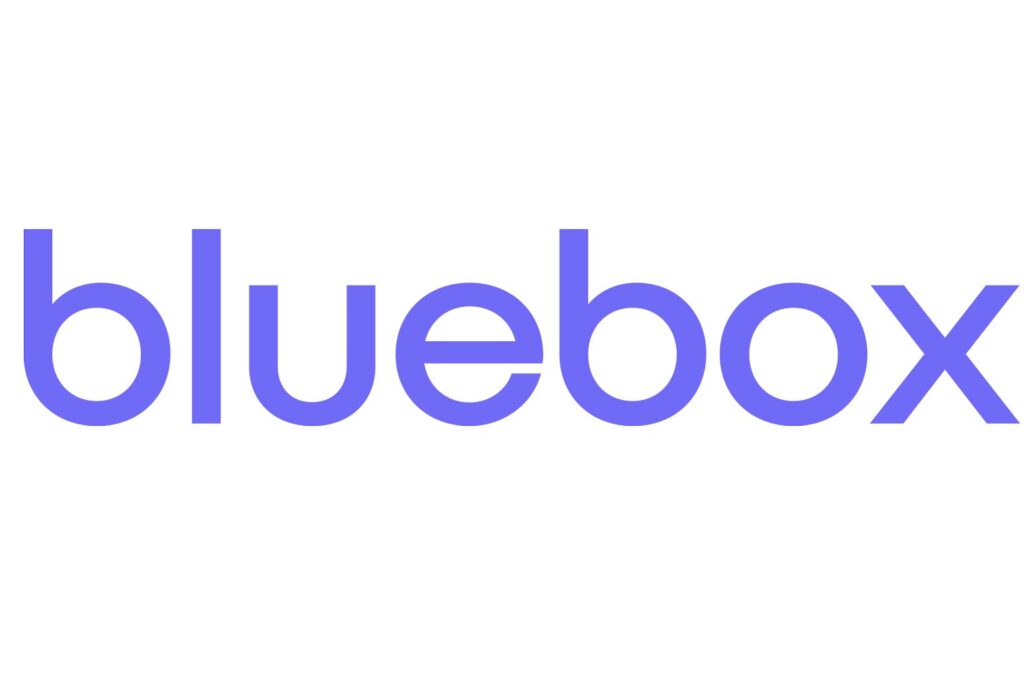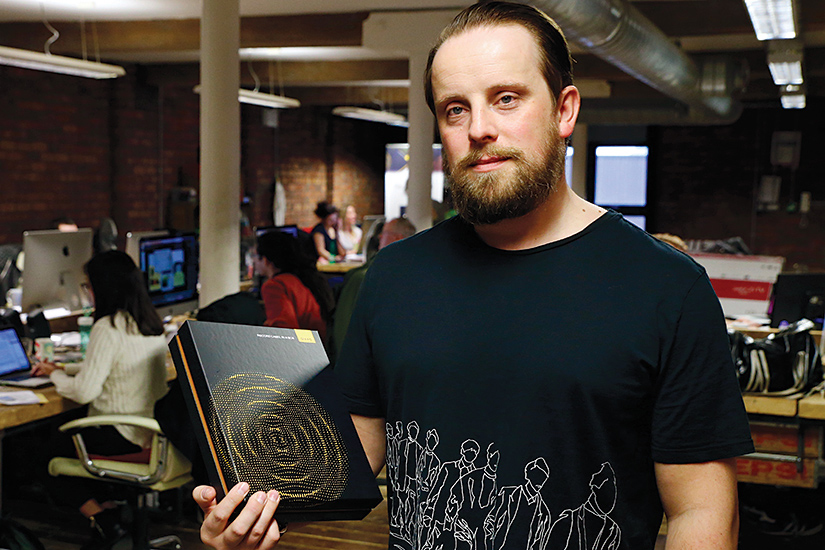
Music industry participants are embracing non-fungible tokens (NFTs).
Many DJs have sold their records for seven-figure sums, including 3LAU and Steve Aoki. In addition to the bundled album, Kings Of Leon sold around $2 million worth of singles. An auteur at heart, Grimes recently sold six pieces of NFT-affiliated artwork for $6 million in less than twenty minutes.
Are these transactions dirty little secrets? Digital collectibles are becoming increasingly popular, but they’re rarely accompanied by copies of their rights. In light of the fact that most digital art (including music) can be easily replicated with a swipe of an iPhone, it is becoming increasingly difficult to determine whether those splashing big money on NFTs are actually securing unique assets.
A Pitchfork writer earlier this month called NFTs “an art world product that creates a sensation of scarcity that’s inherently artificial. The token, rather than the artwork, has value.”
All of that might soon change.
In 2015, distribution and services company Ditto Music launched Bluebox, a suite of tools based on blockchain technology.

Bluebox uses blockchains to record and distribute royalty payments based on the level of ownership of recorded music and/or publishing rights. As a result of the platform, Ditto believes that “collection rates will rise [while] earnings loss for artists will greatly decrease”.
Last but not least, we have NFTs. A song from Big Zuu’s upcoming album, separated up into several parts and wrapped into a NFT, goes under the hammer on Thursday (March 18).
The brother of Chancelor ‘Chance The Rapper’ Bennett, Taylor Bennett, is also selling 75% of his upcoming recording through separate NFTs.
Both artists are holding on to 25% of their respective copyrights.
The interesting part comes after these NFT sales have been completed, says Lee Parsons, Ditto Music’s co-founder and CEO. By using Bluebox, it means all of the people who own a share of this music can automatically receive digital royalties.

Bluebox is launching its copyright exchange and IRO, or initial release offering, platform this year, Bluebox IRO will allow artists to pre-sell their music to a community who will then be able to own it as a NFT, similar to Polkastarter or Coinlist, which harness the power of community to fund initial offerings.
CEO Ditto music, Matt Parsons.
Shrewd collectors can purchase shares of an artist’s paintings before they’ve even been released – as well as providing an alternative funding source for the artists.
Parsons believes Bluebox and NFT applications will be particularly exciting in the future with Opulous from the team behind Ditto, which was just launched.
Pulous is a platform for decentralised finance (DeFi) that enables artists to borrow money against their past streaming revenue while pledging their copyrights as collateral.
A 10% annual return is offered to investors and artists who pay into Opulous’ Music Copyright Pools (from which loan capital is obtained).
Parsons explains that Bluebox was already partnering with Opulous to provide the platform for copyright management. It is even more integrated now.
Bluebox and NFTs allow anyone, including non-musicians, to buy a piece of a copyright, and then use the asset’s monthly earnings either to earn interest [through the Copyright Pools] or to obtain an instant loan.”
The two companies are very much intertwined in our vision for the next decade in the music industry, says Ollus. The NFTs are poised to play a major role in this vision.”
Conclusion
It was announced on Tuesday that Ditto Music will move to NFTs, but its plans also allow fans to buy shares of songs rather than only digital artwork.
Currently, the company is working with artists Big Zuu and Taylor Bennett on its first sales through an ‘NFT exchange’ on its Bluebox royalties platform. These two companies plan to offer ten shares at 7.5%. A monthly royalty payment via Bluebox will be credited to the winners of the auctions.
The intention was to address criticisms of current NFTs, where buyers are less certain about what they actually own. Ditto Music is also expanding its crypto offerings, having announced in February that it would implement a ‘de-fi’ (decentralized finance) platform for artists.

